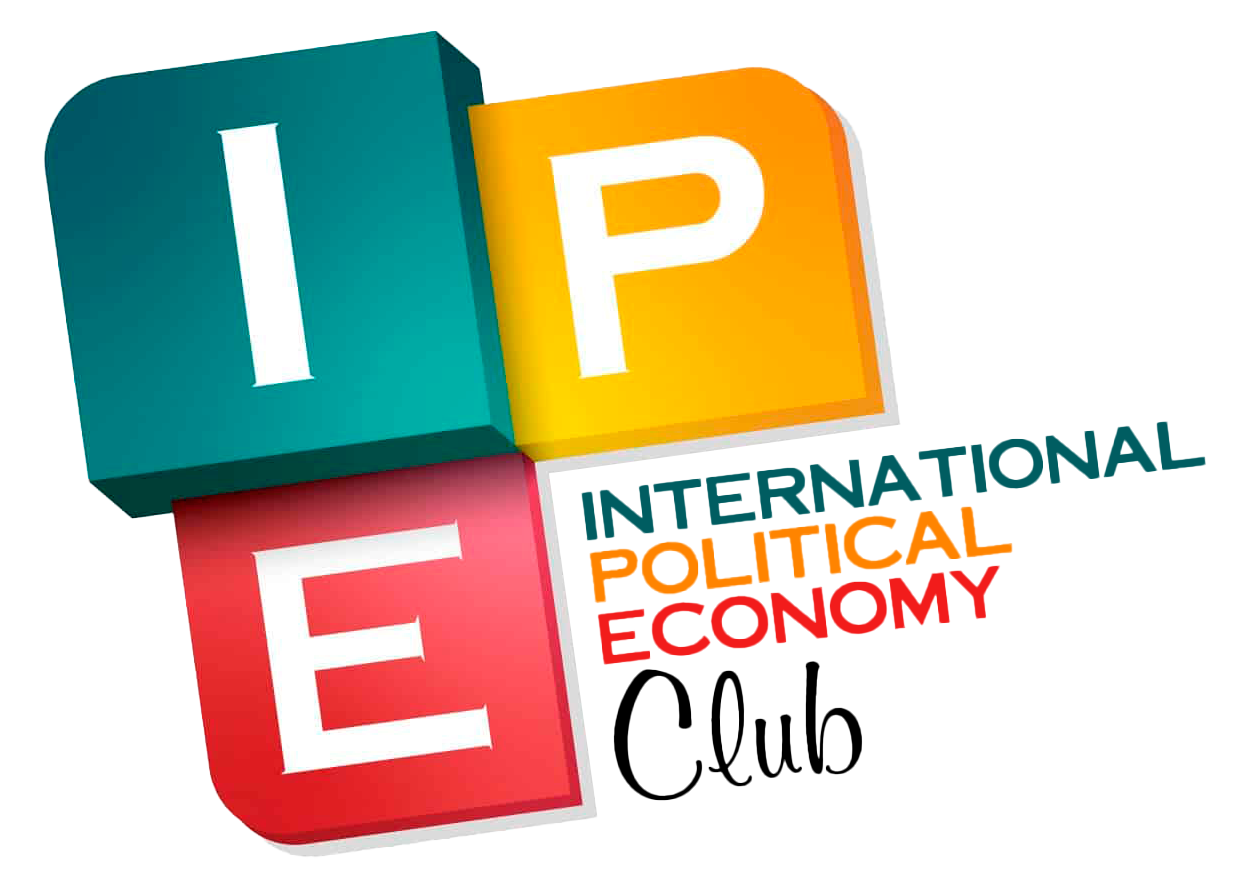SS – Feminists were a crucial part of decolonization projects across the continent, even if much of that history has been written through the prism of male figures. Figures such as Claudia Jones and Amy Ashwood Garvey were engaging in internationalist activism around colonialism, racism and gender very early on, cultivating networks that became important to pan-Africanism more broadly.
One way in which feminists shaped and challenged state-led decolonization projects is by consistently centering feminist ideas of liberation and freedom. Garvey, who addressed the Pan-African Congress in Manchester in 1945, and Jones, who wrote an influential text entitled An End to the Neglect of the Problems of the Negro Woman!, are crucial figures, especially in their speeches and writings on women’s unpaid work. Feminists raised the need to hold their own states as well as colonial states to account. For instance, at one conference, a Vietnamese delegate appealed to African delegates to protest against Algerian, Tunisian, Senegalese, and Moroccan soldiers being taken to Vietnam to “fight against a brother people, against whom they have no reason whatsoever to fight.” Feminists, then, often elaborated a double critique aimed at Western feminism and Western states as well as postcolonial states. This double critique was central to the ways in which African and Asian women, and women of African descent imagined decolonization. Decolonization was never simply about men from these countries taking political power; it was about liberation for both men and women. While the archives do not tell us in great detail who the women across the African continent were who took part in these conferences, we do know that there was momentum around feminist organizing that took both patriarchy and racial/colonial capitalism seriously.
Read the full interview on Africa as a Country

